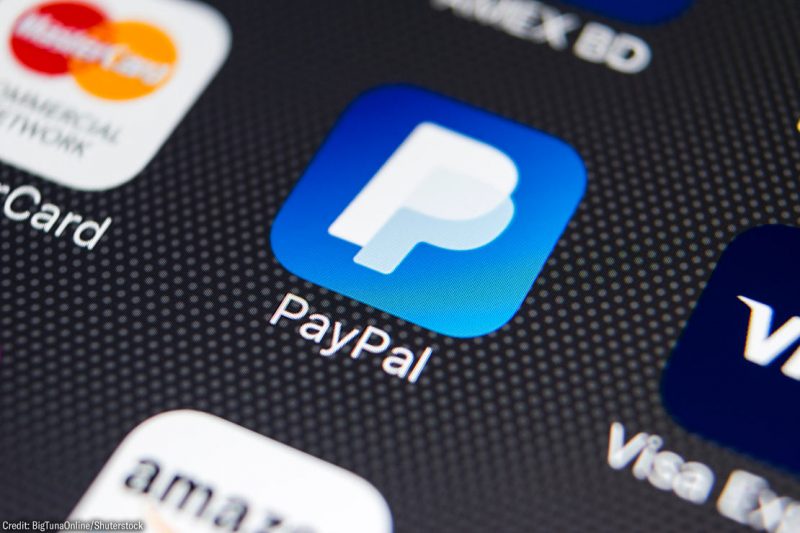PayPal and Venmo are Shutting Out Sex Workers, Putting Lives and Livelihoods at Risk


Everyone should have access to financial services. Using financial intermediaries such as PayPal and its subsidiary Venmo can make or break one’s ability to work or survive in our increasingly virtual society. In spite of this, platforms like PayPal and Venmo continue to boot sex workers and other users off their platforms with little due process. The ACLU has joined 22 other civil rights groups in a stop to PayPal and Venmo’s practices that harm vulnerable communities by shutting people out without due process.
Policies that criminalize and stigmatize sex work and ban sex workers’ access to services disproportionately harm Black, Brown, and trans communities. Many people are already aware that when sex work is criminalized, sex workers are more vulnerable to abuse. Clients may take advantage of sex workers’ inability to call authorities for help, and are more likely to commit abuses and face no consequences because they know that sex workers coming forward could mean arrest. Sex workers also fall prey to sexual abuse and extortion from police officers. Not as many people are aware that the criminalization of sex work makes sex workers more vulnerable to financial censorship and lack of accountability by tech platforms. Public platforms like PayPal and Venmo, who should offer their services to all users without discrimination, will randomly and with little warning shut down the accounts of sex workers. This targeted freezing of accounts, without warning or due process, is extremely harmful to workers relying on that income, and ends up pushing sex work deeper into the shadows and enabling more abuse that goes unaccounted for.
Sex workers are no strangers to tech-based discrimination. The passage of SESTA/FOSTA in 2018, a bill intended to stop the internet from being used for sex trafficking, caused online platforms to ban harm reduction and anti-violence tactics that keep sex workers safe. Platforms such as Redbook that allow sex workers to advertise online and share tips on dangerous clients, were taken offline, forcing many trans women of color back onto the streets with no recourse against malicious actors.
In addition to blocking the accounts of sex workers, PayPal routinely targets users for speech protected by the First Amendment. They have of News Media Canada for a payment to submit an article about Syrian refugees for an award, and to a user for using an open-source software that enables anonymous communication. They’ve also come under fire for stalling to Black Lives Matter protestors. The censorship of sex workers is just one piece of the puzzle; the power wielded by PayPal has wide-reaching implications.
In order to show a commitment to human rights, civil liberties, and sound technology policy, it’s imperative that PayPal and Venmo provide transparency to their users. If they decide to close an individual or business account they must provide meaningful notice about the particular Terms of Services provision that was violated. Users should have the opportunity to appeal the decision in a timely and efficient manner. PayPal and Venmo must be invested in providing nondiscriminatory financial services to all users. Without these safeguards, tech platforms will continue to be the arbiters of acceptable cyber speech and activity, and trans women of color will pay the biggest price.

